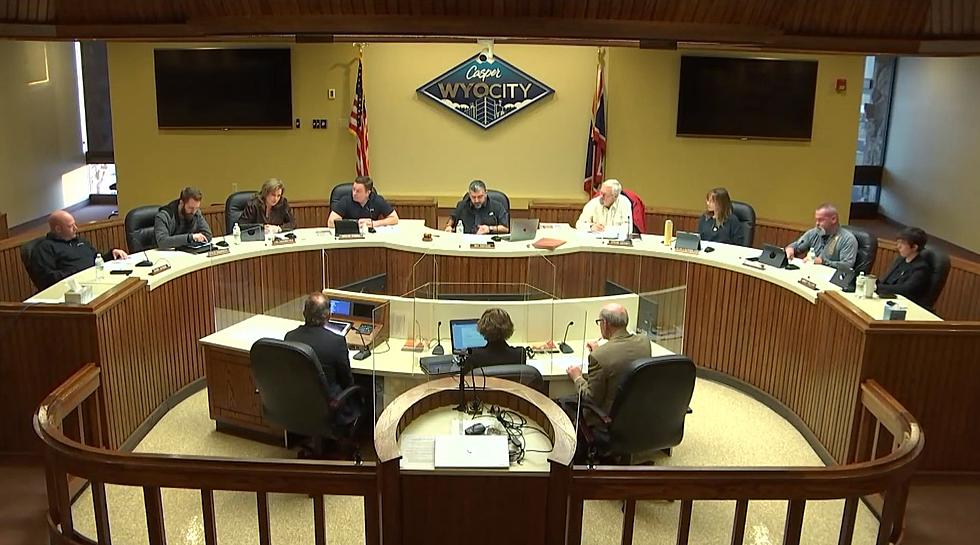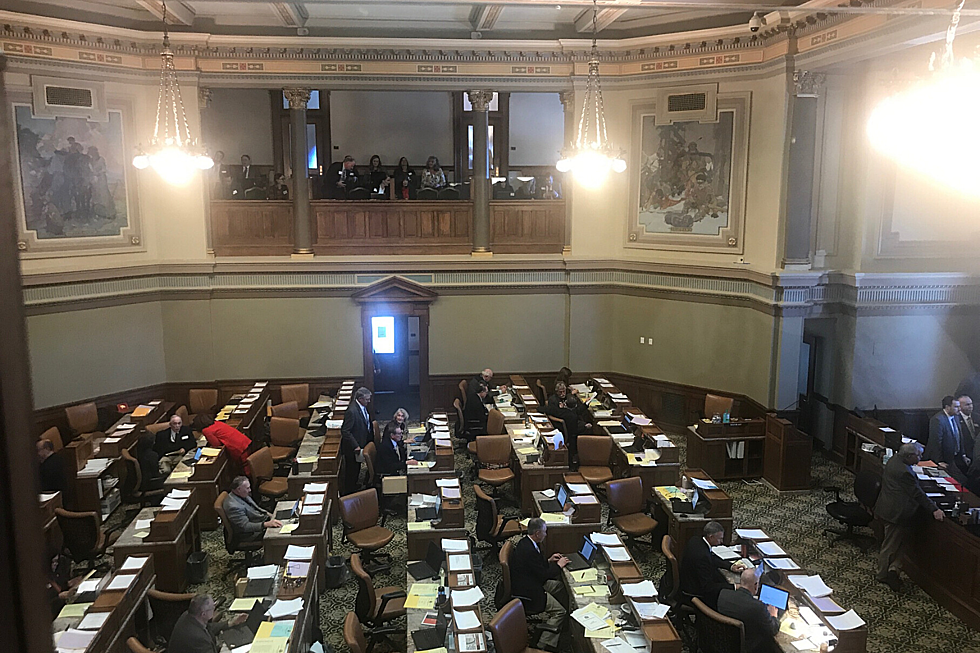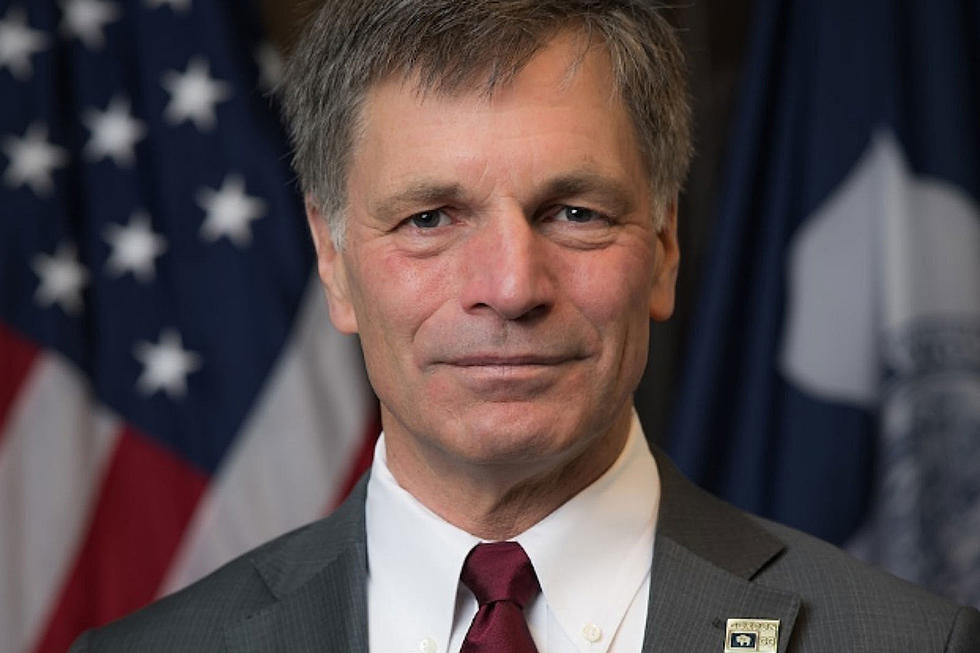
Wyo. Lawmakers To Tackle Budget This Week
CHEYENNE, Wyo. (AP) — The Wyoming Legislature will come face to face with the reality of falling natural gas prices this week when it gets down to the business of considering the state's budget for the coming two years.
The Joint Appropriations Committee last week recommended a $3.2-billion state funds budget bill for the two-year funding cycle that starts in July.
The committee's recommendation is up only a shade from the state's $3.1 billion budget in the current cycle. It includes no money for state employee pay raises and leaves funding flat for the Wyoming Department of Health even as it sees an end to federal economic stimulus funding.
Gov. Matt Mead had proposed a state funds budget of $3.4 billion in December. He was forced to cut his budget after state revenue forecasters warned falling natural gas prices would result in lower revenues.
Forecasters were predicting natural gas to average $4 per thousand cubic feet this year when Mead crafted his first budget proposal. However, they cut their projections to $3.25 in January — a drop that required funding cuts of more than $100 million.
Natural gas is now hovering around $2.50 and the Joint Appropriations Committee's budget bill calls for setting aside $150 million from state reserves that Mead could tap if necessary to keep state government functioning.
House Speaker Ed Buchanan, R-Torrington, said the House could start consideration of the budget bill on Tuesday.
In an interview Friday, Buchanan said House members understand the state's economic situation and aren't likely to try to push many budget amendments carrying hefty price tags. "They understand the economic climate with the revenue decreases, so I think everybody's trying to be pretty cautious," he said.
Wyoming can't afford to give all state employees a pay raise, Buchanan said. He said it's also difficult to consider handing raises to some and not others.
"We have to be careful to, I guess, communicate that we're going to try to be consistent over a longer period of time, so that pay raises are equitable across the spectrum," he said.
Buchanan noted 122 House bills, not counting resolutions, were introduced this session. That's down from 132 bills in the 2010 budget session.
"It's kind of a nice, easy pace. It's kind of refreshing in some ways to see that there aren't a lot of bills," Buchanan said. "We're not putting a lot of laws on the books, we're just going to pass a nice, conservative budget and get out of here."
Senate President Jim Anderson, R-Glenrock, said Friday he expects lawmakers will likely follow the appropriation committee's recommendations and allow Mead to access reserve funds if necessary.
In addition to billions in permanent savings, Wyoming is on track to end this budget cycle with more than $1 billion in its Legislative Stabilization Reserve Account, or "rainy day" fund.
"I think gas prices are going to be low for, I'll say, years," Anderson said. "What we've done is positioned ourselves for these events. We don't like it but I think we're ready with our reserve accounts."
Anderson said he also expects most lawmakers will agree with the Mead's recommendation that the state give counties and local governments $168 million in the coming budget cycle.
The Senate this week will consider the legislative redistricting bill that cleared the House on Friday, Anderson said.
And Anderson said the Senate this week will also likely consider the session's main educational accountability bill, Senate File 57. The bill, the product of legislative work before the session, would modify the statewide assessment system for school performance and statewide accountability.
More From K2 Radio









